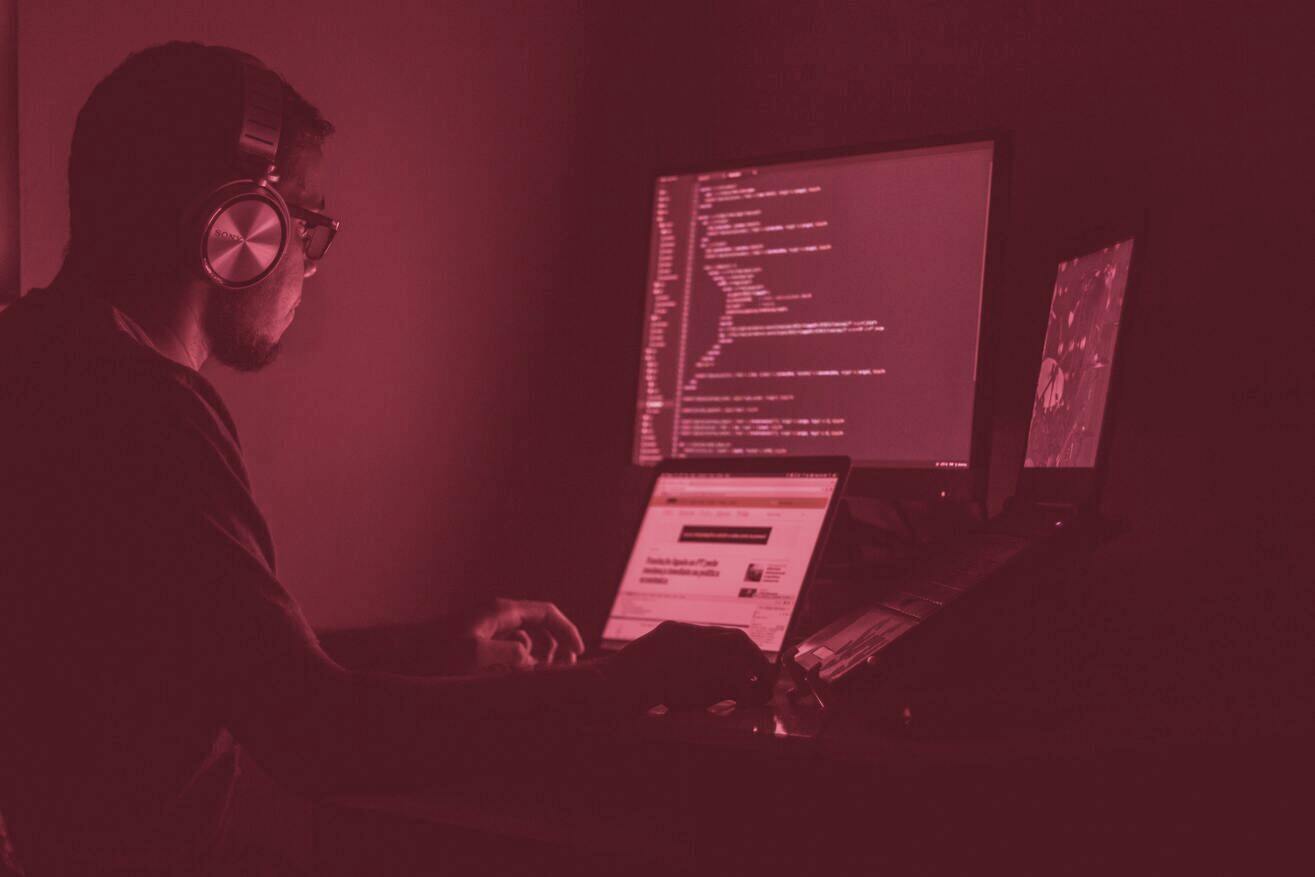When it comes to the internet, we often take seamless access for granted. Imagine the frustration when, out of the blue, your favorite developer platform becomes a digital maze. This is the conundrum facing many Indian developers who rely on GitHub, the coding haven. So, what’s causing the chaos?
The Web We Weave: Overblocking Woes
In the world of domain names, it seems like even the giants can get caught in the web of overblocking. GitHub, a hub for developers, found itself entangled when a specific domain used for storing code, raw.GithubUserContent.com, got the blockade treatment. The cause? A well-intentioned court order aimed at curbing piracy. However, good intentions often pave the way to unforeseen disruptions.
The issue here is not with the primary GitHub domain but with the vital one where the code magic happens. Imagine a library with locked doors, and you have the key but can’t use it because someone put an extra lock on the bookshelves you need. That’s how developers in India felt when they could still access GitHub’s main domain but were left stranded without the ability to fetch and contribute code.
Dynamic Dance of Injunctions: A Legal Tango
The legal dance here involves something called injunctions, legal tools designed to preemptively block potential copyright infringements. It’s like putting up a “No Entry” sign before anyone even thinks about trespassing. However, the dynamic nature of these measures adds an extra layer of complexity. In this case, the court order was reversed, but the effects lingered. It’s akin to calling off a party but the music keeps playing.
To make things more intriguing, the lack of transparency in court orders leaves us scratching our heads. Why was GitHub partially blocked? Speculations point to a certain app, PikaShow, which faced the wrath of copyright holders. GitHub got entangled in the legal web, possibly due to sharing a URL with the controversial app. It’s like being handed a traffic ticket for someone else’s reckless driving just because you both used the same road.
GitHub’s Dilemma: Playing Digital Detective
GitHub, being the global home for developers, isn’t taking this lightly. It acknowledges the issue and is on a mission to restore full access for all users. It’s like your favorite restaurant acknowledging a mix-up in orders and promising to serve your favorite dish promptly. GitHub believes that everyone, regardless of where they live, should have a fair shot at contributing to the future of software development. It’s a sentiment that echoes the inclusive spirit of the digital world.
However, the saga continues. For nearly a year, some Indian developers are still facing roadblocks. It’s a digital mystery as to why some Internet Service Providers (ISPs) haven’t fully unblocked the URL even after the court order was retracted. Developers, resilient beings that they are, find ways around these technological hiccups. It’s like a detour that may take longer but gets you to your destination nonetheless.
Conclusion: Navigating the Digital Labyrinth
In the vast landscape of the internet, even the well-trodden paths can suddenly lead to dead ends. GitHub’s tryst with domain blocks in India serves as a reminder that the digital realm, much like the physical world, is subject to the whims of laws and their interpretations. While developers eagerly await a resolution, the broader message is clear – in the complex dance between copyrights and access, transparency and understanding are the keys to untangling the web of domain name dilemmas. Until then, the tech-savvy community in India will continue navigating the digital labyrinth, armed with resilience and a touch of digital detective work.


Join the Discussion